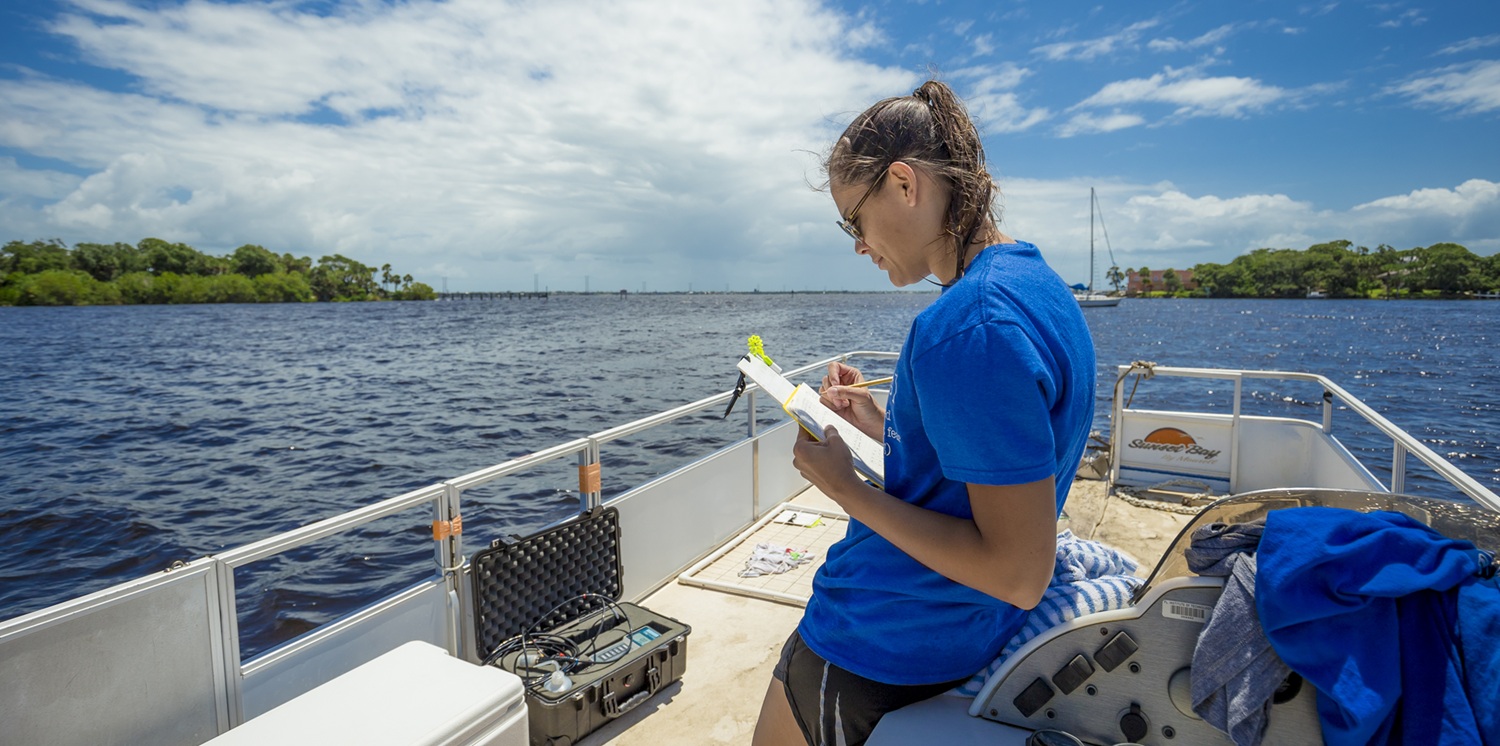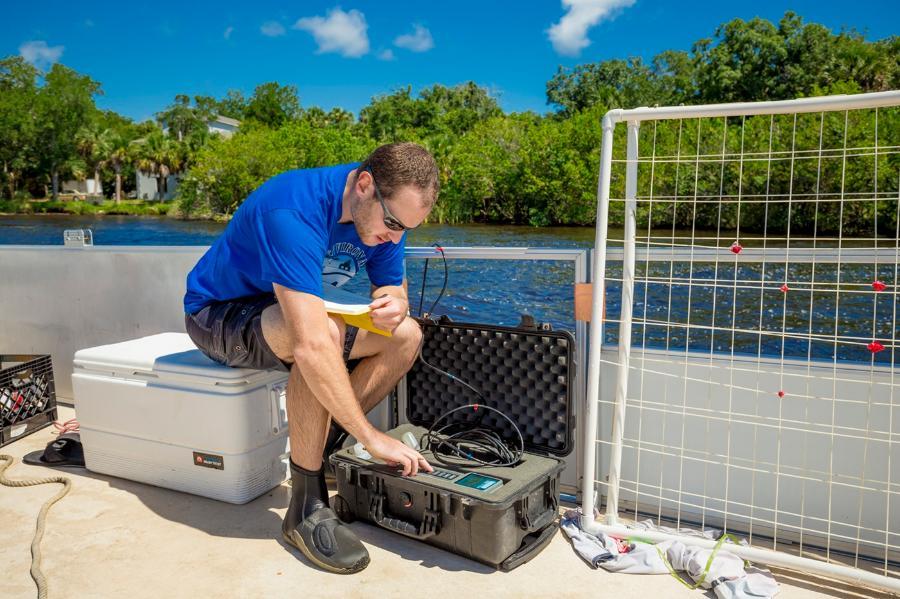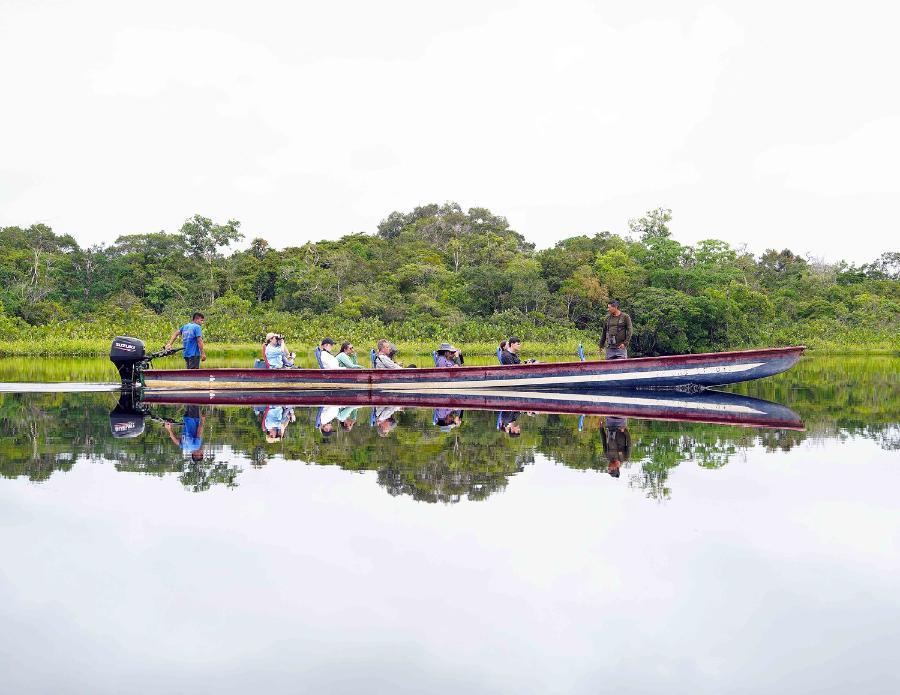At Florida Tech, conservation technology students learn in a close-knit academic setting led by internationally recognized faculty. Small class sizes mean you’ll get to know your professors, and students often have the opportunity to collaborate with them on cutting-edge research and real-world consulting projects.
Our campus is a hub of global connection, where students from the U.S. and around the world create a rich, dynamic learning environment. This sense of community helps broaden perspectives and deepen understanding of how conservation is practiced globally. It’s a setting that fosters critical thinking, innovation and leadership.

 Give to Florida Tech
Give to Florida Tech 


